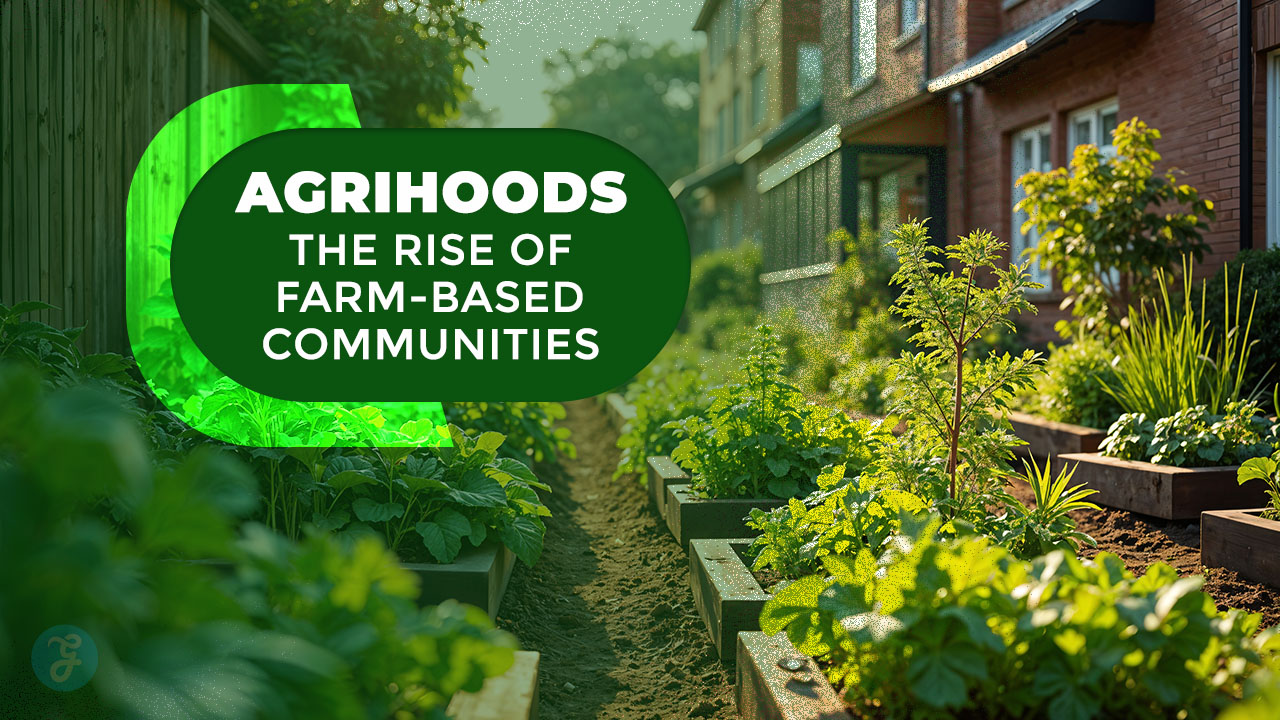In the face of pressing environmental concerns, many seek ways to integrate more sustainable practices into our daily routines. While completely overhauling our lifestyles can be daunting, taking small steps towards sustainability can have a significant impact.
This guide outlines eight practical eco-friendly practices you can implement to help the environment and promote a healthier planet.
1. Turn Off the Lights
One of the simplest yet most effective ways to conserve energy is by turning off lights when not in use. It’s easy to turn a light on when leaving a room, but flipping the switch can save substantial energy over time.
Utilizing natural light during the day can also reduce the need for artificial lighting. Open your curtains and let the sunlight illuminate and warm your home, which can further reduce energy consumption.
Additionally, consider switching to energy-efficient LED bulbs, which use less power and have a longer lifespan than traditional incandescent bulbs.
2. Recycle
Recycling is an accessible and impactful way to reduce waste and conserve resources. By separating recyclable materials like paper, plastics, glass, and metals from your regular trash, you can significantly decrease the amount of waste in landfills.
Ensure you are familiar with local recycling guidelines, as not all materials are accepted everywhere. Many communities offer curbside recycling programs, and there are often designated drop-off points for items like batteries and electronics.
By recycling, you create new products from old materials, thus reducing the need for virgin resources.
3. Limit Food Waste
Food waste is a major environmental issue, with a significant portion of food produced globally ending up in landfills. To combat this, plan your meals and create a shopping list to buy only what you need.
Before heading to the store, check your pantry and fridge to avoid purchasing duplicates. Use storage methods such as refrigeration, freezing, and airtight containers to extend the shelf life of your food.
Get creative with leftovers by incorporating them into new meals, which can help reduce waste and make the most of your groceries. Remember, every bit of food saved means less energy and resources wasted.
4. Shop Local
Supporting local businesses and farmers is a great way to reduce your carbon footprint. Locally sourced products typically travel shorter distances to reach your table, which means fewer emissions from transportation. Buying seasonal produce from farmers’ markets ensures fresh, nutritious food while supporting the local economy.
Additionally, local products often come with less packaging, further reducing waste. When you shop locally, you contribute to a healthier environment and foster a sense of community.
5. Avoid Single-Use Plastics
Single-use plastics majorly contribute to environmental pollution, particularly in our oceans. Items like plastic bags, straws, and utensils are used briefly but can take hundreds of years to decompose.
Switching to reusable alternatives can make a significant difference. Use canvas bags for shopping, carry a metal or bamboo straw, and opt for reusable containers and utensils. By making these small changes, you can drastically reduce the amount of plastic waste you generate and help protect wildlife and ecosystems.
6. Eat Less Meat
Reducing meat consumption is another powerful way to lessen your environmental impact. The production of meat, especially beef, is resource-intensive and contributes to greenhouse gas emissions, deforestation, and water usage.
You don’t have to become vegetarian or vegan to make a difference. Start by incorporating “Meatless Mondays” into your routine or opting for plant-based meals a few times a week. Eating less meat supports a more sustainable food system and helps reduce your carbon footprint.
7. Travel Efficiently
Transportation is a significant source of greenhouse gas emissions. By making more efficient travel choices, you can reduce your environmental impact. Opt for public transportation, carpool with others, bike, or walk to your destination whenever possible.
If you need to drive, consider a fuel-efficient or electric vehicle. Planning your trips to combine errands can also save time and reduce the number of car journeys you make. By adopting these practices, you contribute to cleaner air and lower emissions.
8. Compost
Composting is a fantastic way to recycle organic waste and enrich the soil. Instead of throwing away food scraps, yard trimmings, and other organic materials, turn them into compost. This reduces the amount of waste sent to landfills and creates a nutrient-rich fertilizer for your garden.
Composting can be done in a backyard compost bin or indoors with a small composting system. You can often donate your compost to local community gardens or farms if you don’t have a garden. Composting closes the loop on waste and supports healthier, more sustainable soil.
Summary
Adopting eco-friendly practices doesn’t have to be overwhelming. By starting with these eight simple steps, you can make a meaningful difference in your environmental impact. Turning off lights, recycling, limiting food waste, shopping local, avoiding single-use plastics, eating less meat, traveling efficiently, and composting are all practical actions that contribute to a healthier planet.
Remember, sustainability is a journey, and every small change creates a significant impact. Start today and inspire others to join you in making the world a better, more sustainable place to live.







































